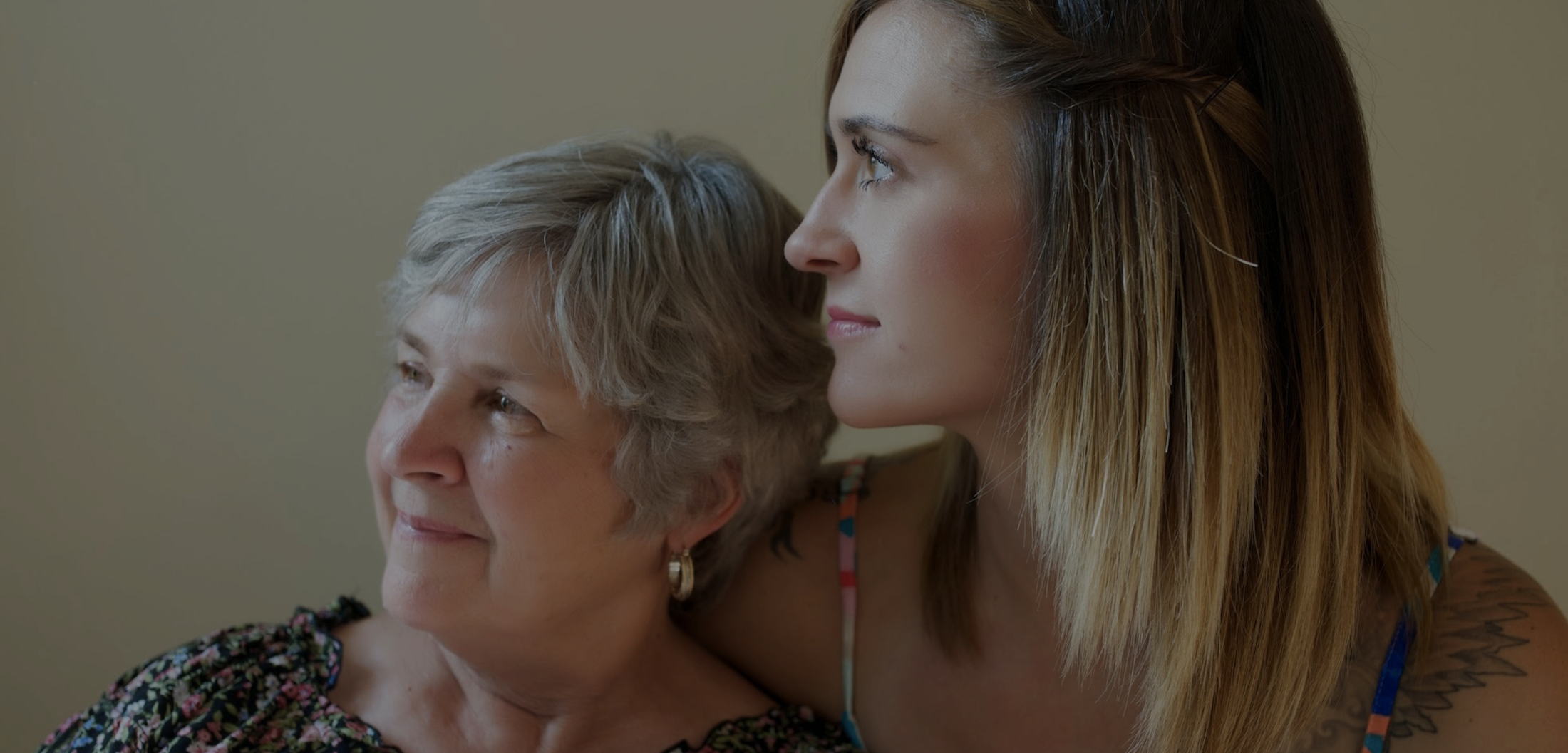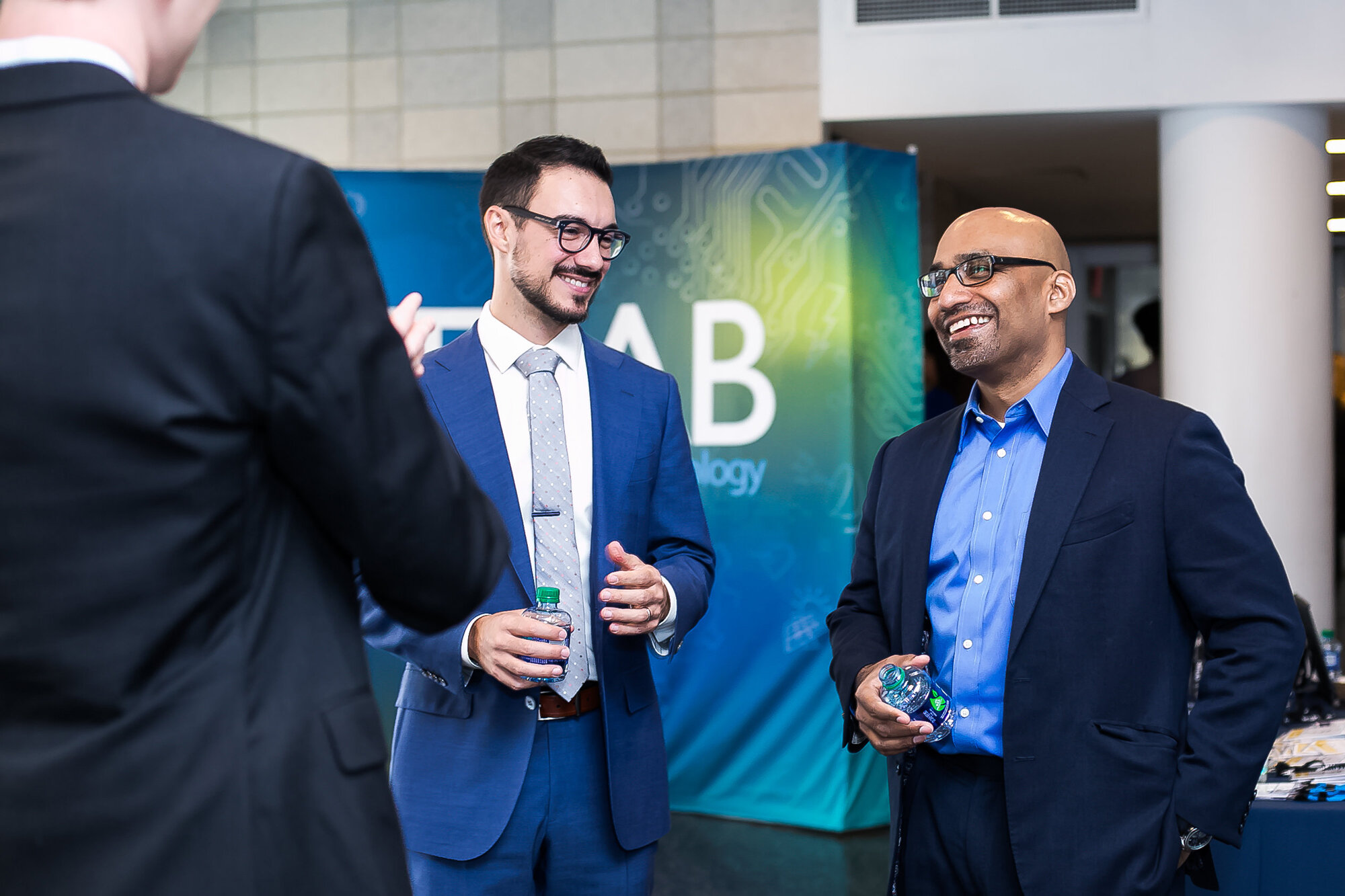CASE STUDY: PROJECT CATALYST

Client
Project Catalyst
Services
Rapid pilot test, study design, panel survey, ethnographic research, semi-structured interview, whitepaper production, infographic design
Press
Insurance Thought Leadership
Home Health Care News
mHealthIntelligence
mHealthWatch
“This study reinforces the existence of two noteworthy trends: Caregivers are increasingly enthusiastic about technologies that make caring for others easier and, secondly, there’s near-endless opportunity for entrepreneurs to develop products and tools that serve the burgeoning caregiving marketplace.”
— STEVE NELSON, CEO OF UNITEDHEALTHCARE’S MEDICARE BUSINESS
“This study is a call to action regarding the tremendous challenges facing our society and unpaid family caregivers, who are unsung heroes. We are putting together a road map for innovative companies to produce technologies and services to address unmet needs in the caregiver marketplace.”
— LAURA PUGLIESE, DIRECTOR OF INNOVATION RESEARCH AT HITLAB
Overview
Over 40 million Americans are family caregivers providing unpaid care to an adult aged 50+, a number expected to grow in coming years. Despite the large need and market potential for technology in this space, the industry has been slow to launch products for this population. To guide entrepreneurs, research and advocacy is needed to understand unique needs and experiences of caregivers, highlight unseen barriers that prevent caregivers from using technology, and discover unexplored opportunities for innovators and technology companies to improve the lives of caregivers and their loved ones.
Project Catalyst fills a gap in the market by putting the 50-plus consumer at the center of innovation through research processes that support quality of life. Founding partners of Project Catalyst include AARP, Robert Wood Johnson Foundation, MedStar Health, Pfizer, and UnitedHealthcare.
Challenge
Bridging the gap between caregivers and innovators.
Despite enormous advancements in consumer health technology, there is little research on what digital solutions family caregivers want and need to help them care for their loved ones. Project Catalyst and HITLAB partnered to generate an evidence-based understanding of caregivers' relationship to technology.
We wanted to shed light on the unseen barriers that prevent caregivers from using technology. Knowledge of these challenges would help companies identify unique and innovative opportunities to improve the lives of aging Americans.
Solution
Listening to caregivers.
We conducted a nationally representative panel survey in over a thousand caregivers of older adults aged 50+. Ethnographic observations and semi-structured interviews were performed in a subsample of n=15 to better understand how caregivers are currently using technology, which technology functions they are interested in, and the barriers innovators need to overcome to adequately meet caregivers’ needs.
Three key areas emerged as the biggest need and opportunities:
1. Tools that will provide caregivers with peace of mind that their loved ones are safe and secure. More than three-quarters say they are interested technology that helps them check on or monitor a loved one. Available technologies are in use by only 10% of caregivers.
2. Nearly all caregivers cited challenges with organizing and managing the various tasks related to caregiving across their care teams. Overall, caregivers cited a strong need integrated, multifaceted platforms that help them coordinate tasks and selectively disseminate information. Only 13% were currently using technology for this purpose, most citing nothing more sophisticated than spreadsheets and digital checklists.
3. When looking to hire help online, caregivers have low levels of comfort with existing services. The online service economy is growing, but caregivers are hesitant to use services procured online for their loved one, citing fears around security and safety. This indicates a need to understand if and how online services can be tailored to better support caregiving activities.
Impact
Opportunities revealed.
While caregivers voiced a high level of need for technology-based support, few were using tech currently on the market. Among survey respondents, 71% expressed interest in using technology to support their caregiving activities while less than 10% currently or previously used a caregiving technology. This indicates an unmet need and untapped potential for technology to serve this population.
Caregivers articulated three pain points with potential to be met by technology. We recommended these as areas entrepreneurs should prioritize:
Coordinating and managing the numerous tasks associated with caregiving
Ensuring safety in the home and monitoring for emergencies
Finding and securing in-home services
Diffusing our findings.
Insights generated from the study have shaped public understanding of this technology space, along with increased investor and venture attention and entrepreneurial focus. Our work has the potential to transform the lives of the nearly 40 million family caregivers in this country, as well as their loved ones. Data from the study was rigorously analyzed and published by Project Catalyst. Read the full paper.
Building on the impact of the initial study, Project Catalyst and HITLAB conducted a second study culminating in a whitepaper. Read the highlights.
Interested in collaborating with HITLAB on a project?
Schedule a call to start the process!





